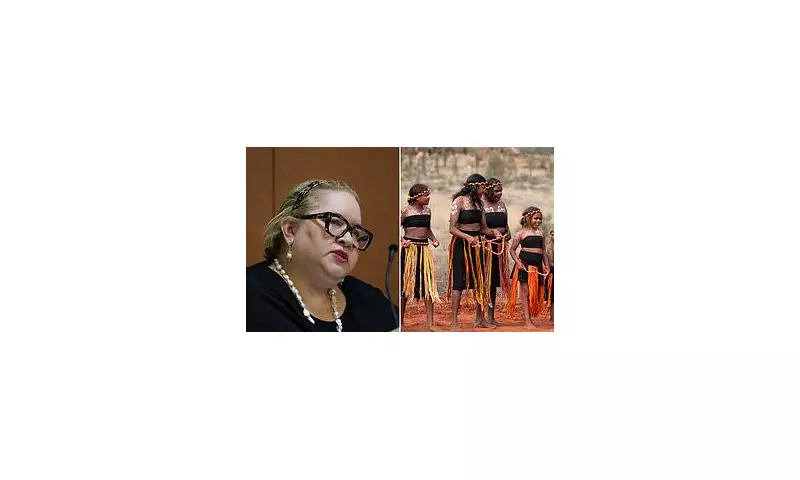
In a stunning revelation that has sent shockwaves through Australian political circles, one of the principal architects of the defeated Indigenous Voice to Parliament has broken his silence about the referendum's failure and delivered a scathing assessment of prominent No campaigner Jacinta Nampijinpa Price.
The Post-Referendum Reckoning
Noel Pearson, a longtime advocate for Indigenous recognition and constitutional reform, has emerged with his first comprehensive analysis of why Australians overwhelmingly rejected the proposed Voice to Parliament. Speaking with remarkable candour, Pearson identified what he believes were the fatal flaws in the campaign that led to its dramatic collapse at the ballot box.
Where It Went Wrong
According to Pearson, the Yes campaign suffered from several critical missteps that ultimately proved insurmountable. The failure to secure bipartisan support emerged as a key factor, with Pearson suggesting that without unity across political lines, the proposal was doomed from the start.
"When the opposition decided to campaign against the Voice," Pearson revealed, "it created a political divide that many Australians found uncomfortable to cross."
Taking Aim at Jacinta Price
In his most explosive comments, Pearson directly addressed Senator Jacinta Nampijinpa Price's role in the campaign, delivering a pointed critique of her arguments against the Voice. The Indigenous leader expressed particular frustration with what he characterised as misrepresentations of the proposal's intent and potential impact.
"Certain voices within the No campaign," Pearson stated carefully, "succeeded in framing the Voice as something divisive rather than unifying, which fundamentally misrepresented its purpose as outlined in the Uluru Statement from the Heart."
The Path Forward for Indigenous Recognition
Despite the devastating referendum outcome, Pearson remains cautiously optimistic about future efforts toward Indigenous constitutional recognition. He emphasised that the movement for Indigenous rights and recognition did not begin with the Voice proposal and will not end with its defeat.
"This is a setback, not the end of the journey," Pearson asserted, while acknowledging the profound disappointment felt by many Indigenous Australians following the referendum result.
Lessons for Future Reform
Pearson's reflections offer crucial insights for future attempts at constitutional reform in Australia. The architect of the failed proposal highlighted several key lessons:
- The necessity of bipartisan political support
- The importance of clearer communication about complex constitutional changes
- The challenge of countering misinformation in the digital age
- The need for broader community engagement beyond political elites
As Australia continues to grapple with the aftermath of the referendum, Pearson's candid assessment provides both closure and a potential roadmap for future efforts toward Indigenous recognition and reconciliation.





